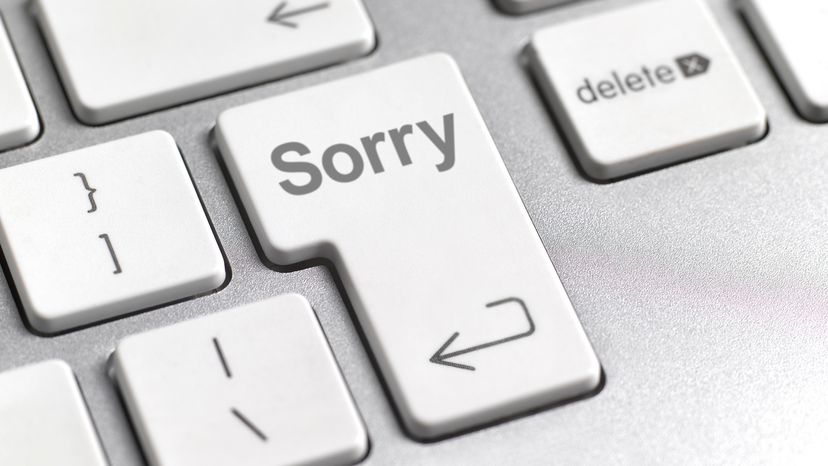
Ever had plans that got canceled because of bad weather or a last-minute schedule change? If so, you might have been offered a rain check.
This phrase is a way to say, "Let's do this later" or, "Hold onto this as a promise for the future!" From baseball games to store sales, the rain check has become a common way to reschedule, and it all started with events that were literally rained out.
Advertisement
Today, people use "rain check" as a casual way to defer plans to a later date or extend an offer they can't fulfill right away. Whether it's an event that needs to be rescheduled or a sale item that's out of stock, offering a rain check has become a practical way to turn disappointment into a second chance.